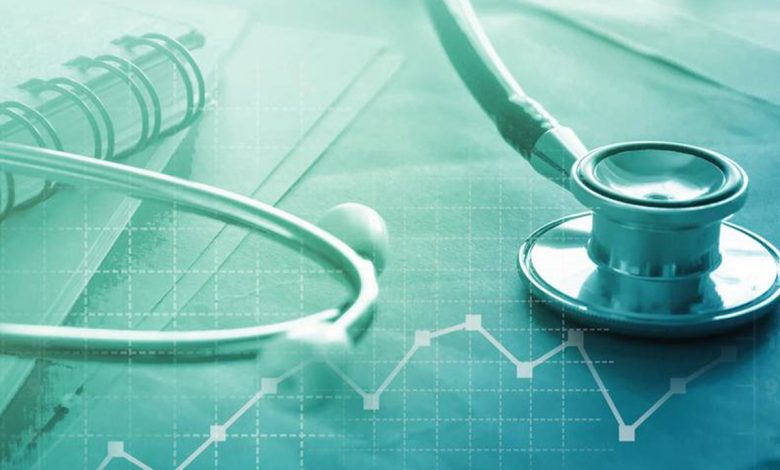Daily Current Affairs for UPSC
Central Government Health Scheme (CGHS)
Syllabus- Government Policies and Interventions [GS Paper-2]

Context- The Central Government Health Scheme (CGHS) package rates for all CGHS beneficiaries have been updated, and the Health Ministry has provided employees with a video call option to make the CGHS referral process easier.
Key Highlights
- The demand for the CGHS from various stakeholders leads to an increase in rates.
- The decision will result in an increase of between 240 and 300 crore to the central government’s budget.
- The consultation fee rates for out-patient departments (OPDs) and in-patient departments (IPDs) have been raised by the central government to Rs 350 from Rs 150.
- In a similar way, ICU fees have been increased to Rs 5,400 and now include accommodation for all ward entitlements.
- The referral procedure has also been simplified by the government.
- In the past, the beneficiary had to go to the CGHS wellness center on her own to get a hospital referral.
- But now the beneficiary can send someone in their place to get the referral if they are unable to visit the CGHS wellness center.
- Before approving the hospital referral, the document will be reviewed by a medical officer.
- In addition, the government has permitted the video call option for referral to make the process easier and more convenient, particularly at a time when these options are readily available to the general public.
About Central Government Health Scheme (CGHS)
- The four pillars of India’s democratic system—the Legislature, the Judiciary, the Executive, and the Press—are all included in the CGHS’s coverage of eligible beneficiaries’ healthcare requirements.
- Due to its large beneficiary base and open-ended, generous approach to providing health care, CGHS is the model health care facility for Central Government employees and pensioners.
- In 75 cities across India, approximately 41 lakh beneficiaries will be covered by the CGHS in 2022.
- The Allopathic, Homoeopathic, and Indian systems of medicine (Ayurveda, Unani, Siddha, and Yoga) are all utilized by CGHS to provide medical care.
Facilities provided under CGHS
- OPD Treatment at Health Focuses including issue of medications.
- Consultation with a specialist at the Polyclinic/Govt. Following a CGHS referral, hospitals and CGHS affiliated hospitals
- OPD and in-house care at government and affiliated hospitals.
- investigations conducted at government-approved diagnostic facilities.
- Credit only office accessible for treatment in empanelled medical clinics and analytic habitats for Retired people and other recognized recipients.
- reimbursement for government-provided treatment costs. Private hospitals that receive government-approved emergency and specific treatment Pvt. Specialist or Specialist HCOs approved by the CMO or MO of WCs.
- Reimbursement of costs incurred for the acquisition of hearing aids, artificial limbs, appliances, and so on, in the wake of acquiring authorization.
- Services for the Welfare of Families, Maternity, and Children.
- consultation with a doctor. In the Ayurvedic, Homeopathic, Unani, and Siddha medicine systems (AYUSH), medication administration.





.png)



